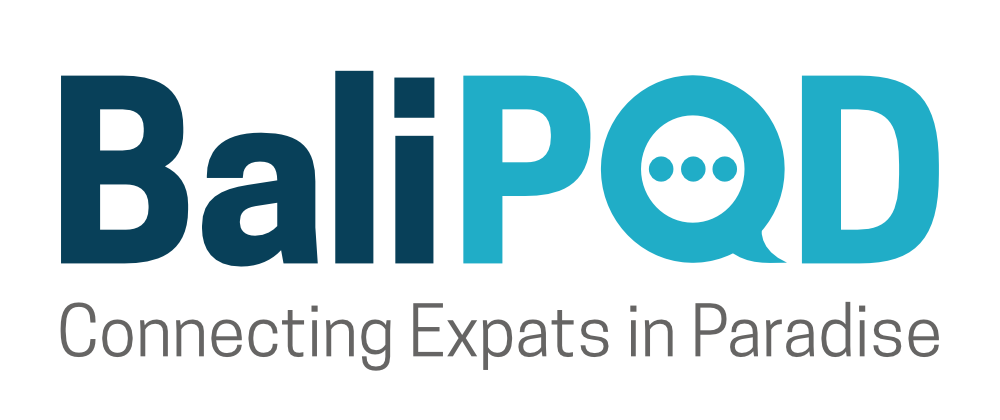Indonesia’s national economic growth remained stable in Q3 2024 despite increasing global financial market uncertainties, as reported by Bank Indonesia’s official website.
Data from the Central Bureau of Statistics shows that the economy grew by 4.95% year-on-year (yoy), driven by solid domestic economic activities such as household consumption and rising community mobility.
Investment growth increased to 5.15% (yoy), largely supported by ongoing development of the Nusantara Capital project and other construction activities, as well as government spending, which grew by 4.62% (yoy) following higher state expenditures.
Household consumption showed steady growth, especially in restaurant and hotel spending, as indicated by the rise in hotel occupancy rates and domestic tourism.
Meanwhile, Non-Profit Institutions Serving Households (LNPRT) saw a high growth of 11.69% (yoy) due to activities related to the 2024 Regional Elections and the National Sports Week XXI.
Exports grew by 9.09% (yoy), supported by demand from major trade partners and rising prices for some of Indonesia’s main export commodities. Service exports also increased with a surge in international tourist visits.
National economic growth in Q3 2024 was further reflected across business sectors and regions. All sectors, including transportation and warehousing, reported positive growth, buoyed by increased mobility due to national and international events.
The Manufacturing sector, a key contributor to growth, also expanded due to strong domestic and global demand.
In spatial terms, all regions showed positive growth year-on-year, with Sulawesi-Maluku-Papua (Sulampua) leading, followed by Bali-Nusa Tenggara, Kalimantan, Java, and Sumatra.
Economic Slowdown Concerns in Q3 2024
Although national economic growth remained positive, a slight concern arose as Q3 2024 growth fell short of the 5% mark, reaching only 4.95%. This figure is lower than Q1 and Q2 growth rates of 5.11% and 5.05%, respectively, though it is higher than Q3 2023.
Acting Head of BPS, Amalia Adininggar Widyasanti, attributed this slowdown to weakened consumer purchasing power, with household consumption—the primary driver of economic growth—growing by just 4.91%, slightly down from Q2’s 4.93%. This dip is largely seasonal, as Q3 lacks major celebrations like Eid in Q2 and Christmas in Q4.
“Household consumption in Q3 declined due to the absence of seasonal effects. Q2 saw a peak in consumption due to Eid celebrations,” she explained, quoting cnnindonesia.com in a press conference on Tuesday (11/5).
Despite the slowdown, Amalia sees household consumption remaining relatively stable, with government anticipation measures expected to stabilize and boost economic growth moving forward.
National Economic Growth Can Increase by 1% to 2%
Despite Q3’s economic slowdown, the government remains optimistic about achieving a long-term growth target of 8% by consistently strengthening priority sectors. Coordinating Minister for Economic Affairs, Airlangga Hartarto, stated that the 8% growth target aims to accelerate job creation in strategic sectors.
“This 8% target is set to drive growth across all sectors, including expanding employment opportunities,” said Airlangga, as quoted by akurat.co at a press conference in Jakarta on Tuesday, November 5.
He added that the government will prioritize food and energy self-sufficiency as key drivers of national economic growth.
“The President has directed food and energy self-sufficiency to be top priorities, as these sectors are expected to act as strong catalysts for economic growth,” he said.
The government also plans to focus on improving the Incremental Capital Output Ratio (ICOR) as part of its strategy to enhance economic efficiency. By optimizing ICOR, Indonesia could add an additional 1% to 2% to national economic growth.
“Improving ICOR could boost economic growth by 1% to 2%,” he explained.
The government anticipates that these strategies will promote more inclusive and sustainable national economic growth while creating more job opportunities in the future, Airlangga concluded.
Source: bi.go.id, akurat.co, cnnindonesia.com
Image source: pexels.com
The post Indonesia’s Economic Growth Slows, but Government Remains Optimistic appeared first on Invest Indonesia.


